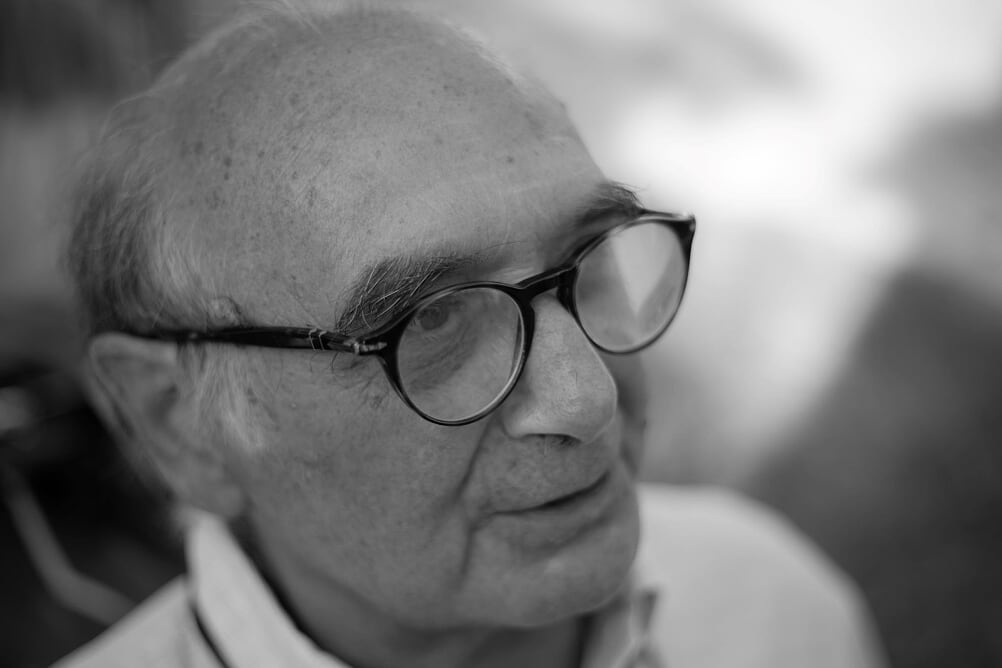2024 OHA Biennnial Conference
The Power of Oral History—Risks, Rewards & Possibilities

Presenters
Our conference traditionally attracts some of the most influential oral history practitioners and academics, not just in Australia, but the world.
This year we are delighted to welcome as one of our keynote speakers the legendary Alessandro Portelli whose address is titled ‘Bread and Labor: The Lost and Found Humanity of Giuseppe Di Porto, Auschswitz Survivor. A twice-told tale’.
Profiles of other prominent presenters will be featured on this page as they become available.
Quick links - Conference 2024
- Home page
- Presenters
- Call for Presentations
- Submissions - EasyChair portal
- Inquiries - send email to ohavictoria2024@gmail.com
Keynote speaker
Alessandro Portelli

Over more than 50 years, Alessandro Portelli has been one of the most influential oral historians in the world. In Italy in 1972 he founded the Circolo Gianni Bosio, an activist collective dedicated to studying folklore, oral history, and people’s culture. He has served as Professor of American literature at the University of Rome ‘La Sapienza’, as historical advisor to the mayor of Rome in the early 2000s, and as a founder of Rome’s House of History and Memory. His award-winning publications have transformed our understandings of memory, narrative and oral history, and about the relationships and politics of oral history, including: The Death of Luigi Trastulli: Form and Meaning in Oral History (1991), The Order Has Been Carried Out: History, Memory and Meaning of a Nazi Massacre in Rome (2003) and They Say in Harlan County: An Oral History (2010). In 2015 he was awarded the prestigious international Dan David Prize for his outstanding contribution to the study of history.
About the Portelli keynote
In a 2005 interview, Giuseppe Di Porto, an Auschwitz survivor, centres the story of his life on an episode. In the ‘demoralizing’ context of the death camp, where ‘bread was life’, he cannot bring himself to exact from a comrade the price of a ration of bread to which he would have been technically entitled for a service he had supposedly rendered him. This act, in which his conscious will was overcome by a higher, unknown power, helps him find the faith in himself that (along with his life-long training in hard labor) allows him to survive. It becomes the turning point that explains not only his camp experience but his entire life and identity. However, in a 1998 video interview for the Shoah Foundation, Di Porto does not mention this crucial episode at all. This difference illuminates a number of methodological questions in oral history: about testimony and narrative, video and audio, and space and proxemics (how spatial relationships affect communication) in the interview.
